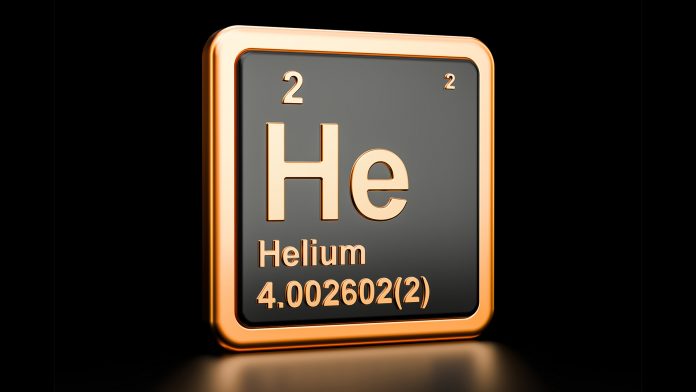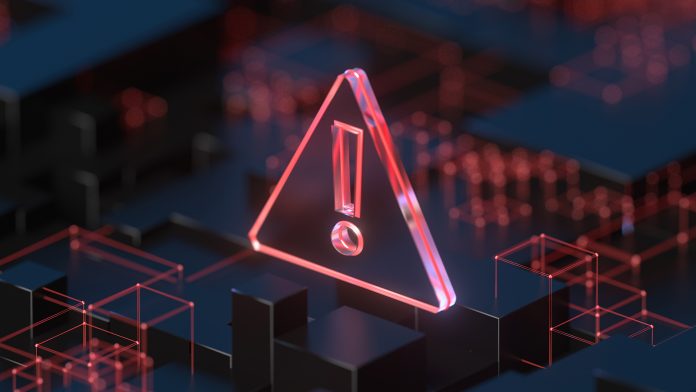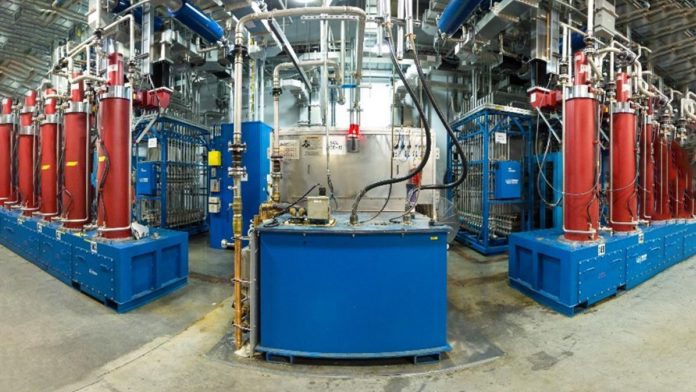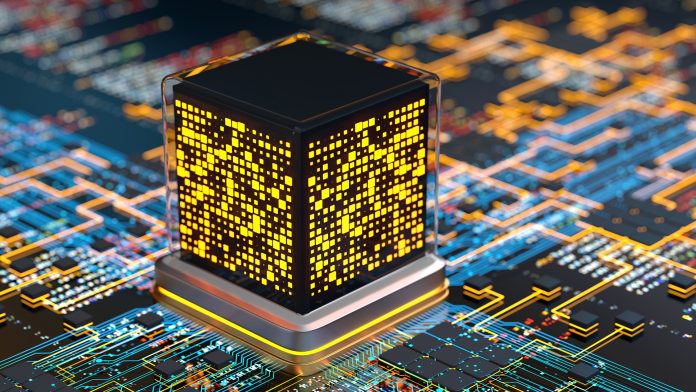Innovation News Network brings you the latest research and innovation news from the fields of science, environment, energy, critical raw materials, technology, and electric vehicles.
Home Search
supercomputer - search results
If you're not happy with the results, please do another search
UK launches the world’s first AI Safety Institute
The UK has launched the world's first AI Safety Institute – a global hub for assessing the dangers of emerging AI technologies.
From medicine to industrial processes: Exploring the many uses of helium
Helium’s uses extend far beyond its role in balloons – it is vital for medical imaging, manufacturing industries, and scientific research.
The UK must leverage generative AI for real-world applications
Researchers in the UK have urged that generative AI systems must be leveraged to provide a major boost to the British economy.
Quantum computing unveiled: Global advancements, challenges, and Ireland’s position
Discover more about the global development of quantum computing and how Ireland is leading this revolution.
Edinburgh selected to host world-leading exascale computer
Edinburgh has been chosen as the host city for one of the fastest exascale computer systems in the world. Find out more.
Origins of Saturn’s rings highlighted in new simulations
Learn how a new series of supercomputer simulations has provided an insight into the origin of Saturn’s rings.
Can we mitigate the impacts of the quantum threat?
Learn more about the quantum threat caused by current cryptographic systems and how governments are responding to this.
Spallation Neutron Source particle accelerator shatters beam power world record
The Spallation Neutron Source particle accelerator has set a new beam operating power world record of 1.7 megawatts.
The landmark achievement at the Spallation Neutron...
Assessing the role of cosmic dust aggregates in planet formation
Learn more about how the collision and sticking of large cosmic dust aggregates could play a crucial role in planet formation.
Nickel-rich cathode breakthrough to help overcome lithium-ion battery challenges
Discover a new breakthrough in overcoming the challenges associated with nickel-rich cathodes used in lithium-ion batteries.
Dark Energy Spectroscopic Instrument unveils two million celestial objects in first...
The first batch of data released by the Dark Energy Spectroscopic Instrument (DESI) has identified around two million interstellar objects.
Why do heavy quarks get caught up in the flow?
Learn about the new calculation that will help physicists interpret experimental data to better understand the interactions of heavy quarks.
New hybrid quantum computing system set to be fully operational this...
Discover how a new hybrid quantum computing system will revolutionise and solve complex issues in multiple industries.
Computational modelling in support of progress towards nuclear fusion energy breakeven
The field of plasma physics, which is essential for the success of nuclear fusion, has benefited from advancements in high-performance computing.
UK Government announces £3.5bn funding to become global science and technology...
The UK Government has revealed it will provide up to £3.5bn in funding to advance the nation's science and technology capabilities.
Does planting trees generate sufficient carbon credits?
A new method developed by the University of Copenhagen and NASA accurately determines how effective planting trees is for offsetting carbon emissions.
In order to...
Breakthrough in quantum computers set to solve major societal challenges
UK scientists have made a major breakthrough in developing practical quantum computers – connecting quantum microchips for the first time.
Artificial Intelligence used to facilitate self-assembly of new nanostructures
Scientists have used Artificial Intelligence to rapidly facilitate the self-assembly of new nanostructures.
Ocean algae more resilient to future climate change
Scientists have found evidence to suggest that marine algae are much more resilient to future climate change than previously thought.
UK researchers boost battery and solar cell efficiency with quantum computers
Experts have developed a cutting-edge algorithm for quantum computers that looks to enhance the efficiency of batteries and solar cells.




















